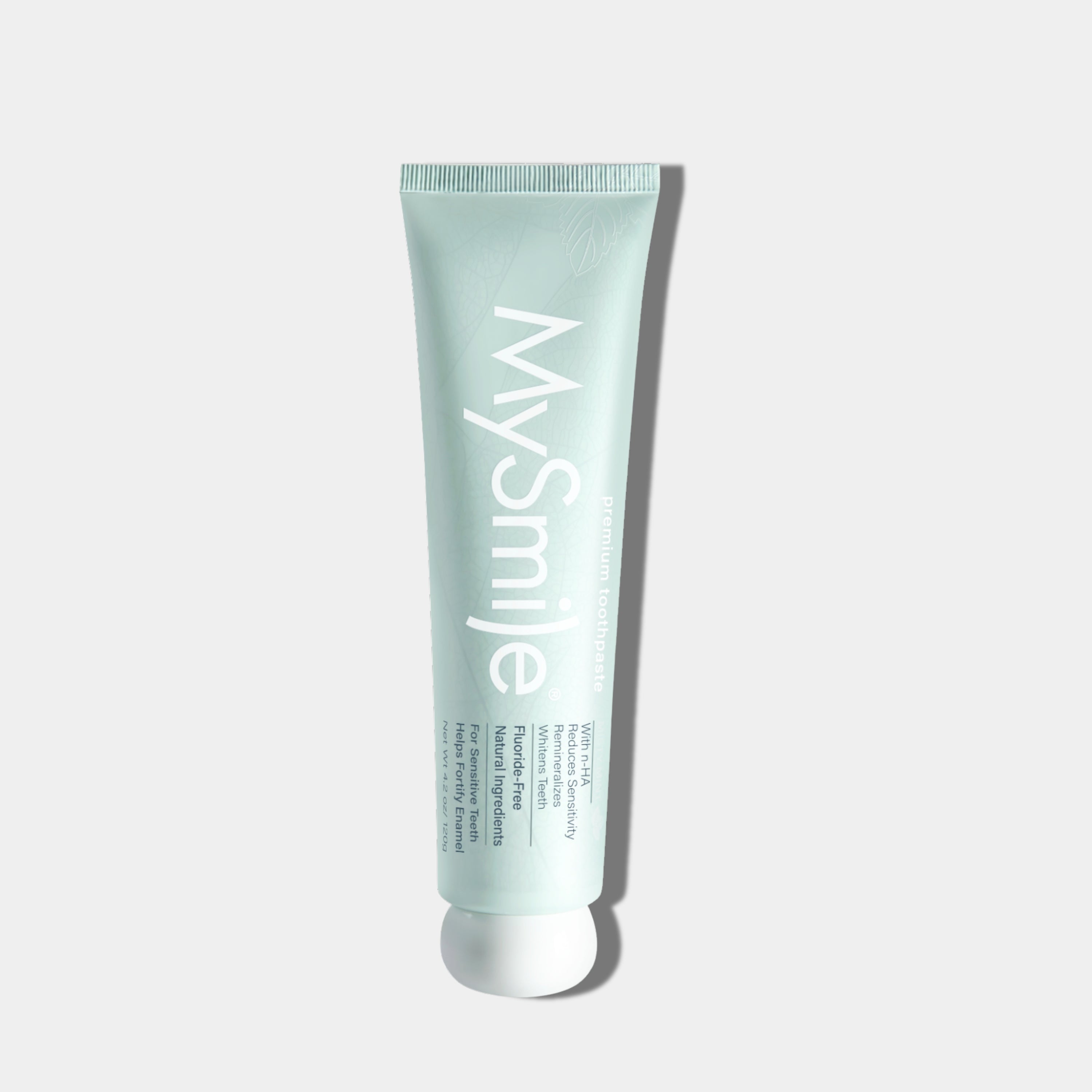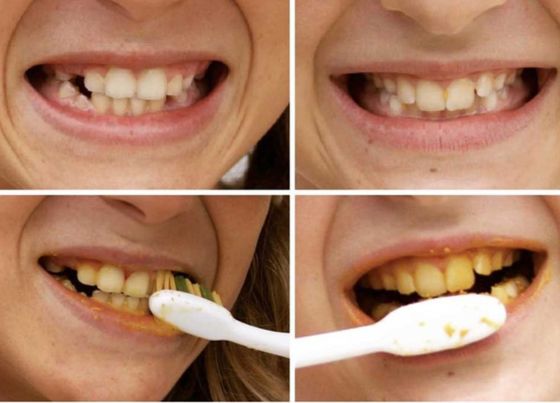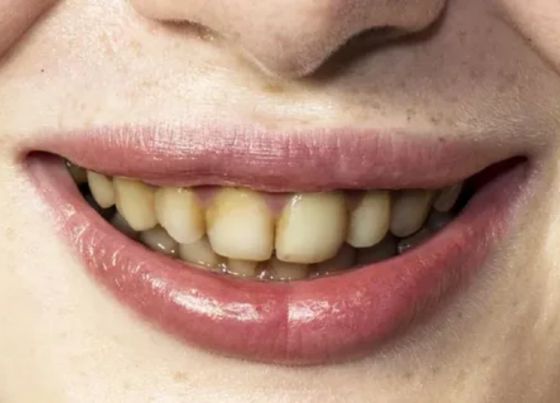In the ever-growing world of natural beauty and wellness, turmeric has gained quite a reputation and its not just for its powerful anti-inflammatory properties, but also for its ability to improve skin, digestion, and now, even oral health. In 2025, turmeric for teeth whitening
has cemented itself as a popular ingredient in the world of natural teeth whitening. Whether you’re looking to brighten your smile without resorting to harsh chemicals or simply want to try something more organic, turmeric might be the answer you’ve been searching for.
But what exactly makes turmeric so effective when it comes to teeth whitening? And how can you incorporate it into your daily routine? In this comprehensive guide, we’ll dive deep into the benefits of turmeric for oral health, explain the science behind its whitening properties, provide a step-by-step guide for using it safely, and much more.
Let’s explore turmeric powder for teeth whitening can help you achieve a brighter, healthier smile.
Why Turmeric: Does Turmeric For Teeth Whitening Actually Works
Turmeric has been revered for centuries in Ayurvedic medicine for its health benefits. The active compound in turmeric, curcumin, is what gives the spice its golden color and offers its powerful therapeutic properties. Curcumin is known for its anti-inflammatory, antibacterial, and antioxidant qualities. These properties don’t just benefit your body when consumed, but they also have a positive impact on your oral health.
When it comes to teeth whitening, Is turmeric safe for teeth whitening? , Well, turmeric works in two key ways:
-
By removing surface stains on teeth and by helping to keep your gums healthy. Its antibacterial properties fight harmful bacteria in your mouth, reducing plaque buildup, which can contribute to yellowing teeth.
-
The antioxidant properties of turmeric also help to protect your teeth from the damaging effects of free radicals and inflammation.
Moreover, turmeric’s natural abrasiveness helps scrub away surface stains without being overly harsh on tooth enamel. There are also other ways such as dental floss collection that makes it an ideal alternative to commercial whitening treatments that can sometimes cause irritation or enamel erosion.
How Turmeric Whitens Teeth: The Science Behind the Magic
You might be wondering, how exactly does turmeric work its magic to whiten teeth? The key lies in turmeric’s gentle abrasive action. When you apply turmeric to your teeth, it helps scrub away the external stains caused by coffee, tea, wine, and other staining foods.
-
While it may not have the same immediate results as bleach-based teeth-whitening treatments, turmeric works gradually, lifting stains over time without causing the damage associated with chemical products.
-
The process of whitening happens because of the mild abrasiveness of turmeric. When you apply it to your teeth, the compound physically rubs away the surface-level stains on your enamel. Additionally, turmeric can help prevent future discoloration by promoting healthier gums and reducing plaque.
-
As plaque is a major contributor to yellowing, maintaining healthy gums and a clean mouth will result in a brighter smile.
Furthermore, turmeric’s ability to reduce inflammation and kill bacteria plays a vital role in oral hygiene. A healthy mouth is key to maintaining whiteness, and turmeric helps promote a balanced, clean environment in the mouth that reduces the chances of plaque buildup.
The Right Way to Use Turmeric for Teeth Whitening
If you’re ready to incorporate turmeric into your oral care routine, it’s important to know the how to use turmeric for teeth whitening for application.
There are several ways to use turmeric for teeth whitening, and we’ll walk you through the most Whiting teeth naturally in 5 steps with safe options.
1. Turmeric Powder Paste with Coconut Oil
One of the simplest ways to use turmeric for teeth whitening is by mixing turmeric powder with coconut oil. Coconut oil has its own set of benefits for oral health, including antibacterial properties that can work synergistically with turmeric.
How to Use:
-
Mix 1 teaspoon of turmeric powder with 1 teaspoon of coconut oil to form a paste.
-
Apply the paste to your toothbrush and gently brush your teeth for 2-3 minutes.
-
Be sure to rinse thoroughly afterward to remove any turmeric residue.
-
Use this treatment 2-3 times a week for the best results.
2. Turmeric and Baking Soda Mix
Baking soda is another natural teeth whitener, and when combined with turmeric, it can help enhance the abrasive effect that helps scrub away stains.
How to Use:
-
Mix a small amount of baking soda with turmeric powder to form a paste.
-
Apply this mixture to your toothbrush and brush your teeth gently.
-
Rinse thoroughly after 2-3 minutes.
-
Use this mixture once a week to avoid damaging enamel from overuse.
3. Turmeric Mouthwash Solution
A turmeric mouthwash is another effective way to incorporate turmeric into your oral hygiene routine without the mess of pastes.
How to Use:
-
Mix 1 teaspoon of turmeric powder in a glass of warm water.
-
Swish the solution around in your mouth for 1-2 minutes.
-
Spit out and rinse your mouth with water afterward.
-
Use this mouthwash every few days to keep your gums healthy and prevent plaque buildup.
Do's and Don'ts When Using Turmeric for Teeth Whitening
To get the most out of your turmeric treatment, there are a few important do’s and don’ts to keep in mind.
Do's:
-
Use organic turmeric: Organic turmeric is the best option because it ensures that you’re getting the purest form of the spice, free from pesticides or additives.
-
Pair with other natural ingredients: Combining turmeric with coconut oil or baking soda can boost its effectiveness for whitening and provide added oral health benefits.
-
Be consistent, but don’t overdo it: Using Teeth whitening products that actually work 2-3 times a week can provide noticeable results, but using it too often could cause staining of your teeth or irritation to your gums.
Don’ts:
-
Don’t let turmeric sit too long: After applying turmeric to your teeth, be sure to rinse it off properly. Letting it sit for extended periods could cause staining on your gums or teeth.
-
Don’t use it too frequently: While turmeric is a gentle alternative, overuse can lead to enamel damage or discoloration of your teeth. Stick to the recommended frequency.
-
Don’t forget regular oral care: While turmeric is a powerful tool, it’s important to continue brushing and flossing with a fluoride toothpaste for overall oral health.
Other Benefits of Turmeric for Oral Health
In addition to question is turmeric good for whitening teeth? Well yes it is and it has numerous benefits for your oral health. Its antibacterial properties help reduce the presence of harmful bacteria that cause plaque, gingivitis, and bad breath.
The anti-inflammatory nature of turmeric also aids in reducing gum inflammation and improving the overall health of your gums.Furthermore, turmeric is often used to alleviate symptoms of oral conditions like mouth sores, toothaches, and even dry mouth. By regularly using turmeric or smile whitening strips , you not only improve the appearance of your teeth but also help maintain a healthier mouth overall.
Possible Side Effects: What to Watch Out For
While turmeric is generally safe to use for most people, there are a few things to keep in mind:
-
Staining: Turmeric has a naturally yellow pigment that can stain teeth, gums, and even clothes. Be cautious during the application process and rinse thoroughly after use.
-
Sensitivity: Some people may experience mild irritation or sensitivity, especially if they have sensitive teeth or gums. If you notice any discomfort, reduce the frequency of use or discontinue the treatment entirely.
-
Enamel damage: Using turmeric too frequently or applying it with too much pressure could potentially lead to enamel erosion. Always use gentle motions when brushing and avoid abrasive mixtures.
Expert Opinions: Dentists Weigh In on Turmeric for Teeth Whitening
While turmeric is a natural remedy, it’s important to consult with a dentist before beginning any new whitening treatments. Most dental professionals agree that turmeric can be a helpful adjunct to traditional oral care, but they emphasize that it shouldn’t replace regular dental visits or fluoride toothpaste. It’s always a good idea to speak with your dentist if you have concerns or pre-existing dental conditions.
Other Natural Teeth Whitening Alternatives
Besides the best water flosser on the market, there are plenty of other natural alternatives to consider:
-
Activated charcoal: Known for its ability to absorb stains, activated charcoal can help whiten teeth without harsh chemicals.
-
Baking soda: A gentle abrasive, baking soda can help scrub away surface stains and freshen breath.
-
Hydrogen peroxide: Often used as a mild bleach, hydrogen peroxide can be diluted and used as a mouthwash or paste to help whiten teeth.
Is Turmeric the Ultimate Solution for Teeth Whitening in 2025?
Turmeric has certainly earned its place in the spotlight for natural teeth whitening. With its antibacterial, anti-inflammatory, and mild abrasive properties, it’s an excellent option for those seeking a safer, more organic alternative to chemical teeth-whitening products. While the results may not be instant, consistent use of turmeric can gradually lead to a whiter, healthier smile.
If you’re looking for a natural, budget-friendly way to brighten your teeth while also improving your overall oral health, besides turmeric, MySmile Teeth Whitening Product may just be the perfect solution.
Just remember to follow the right techniques, balance its use with regular oral hygiene, and be patient for the best results. Here’s to a glowing smile and naturally!









